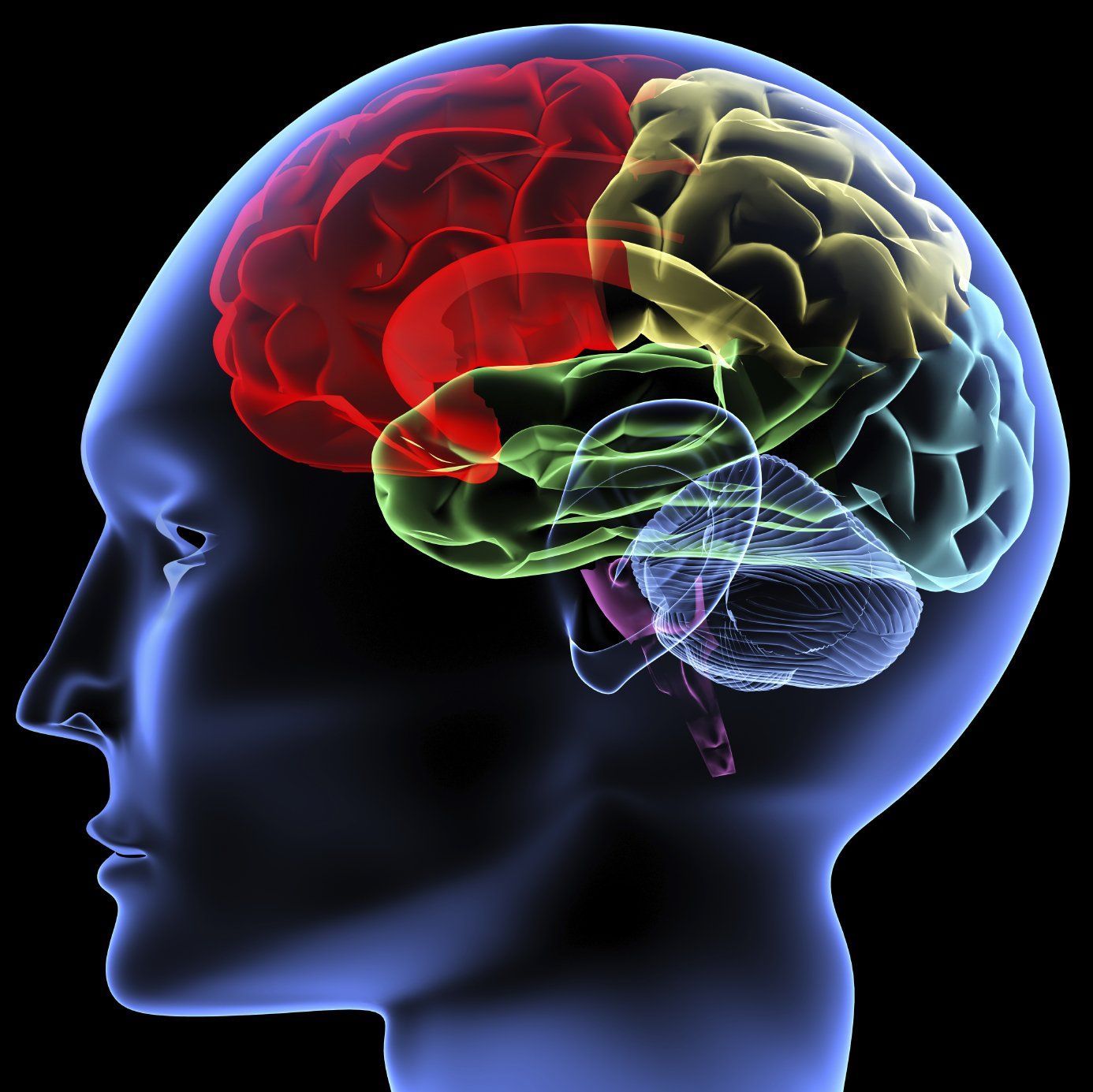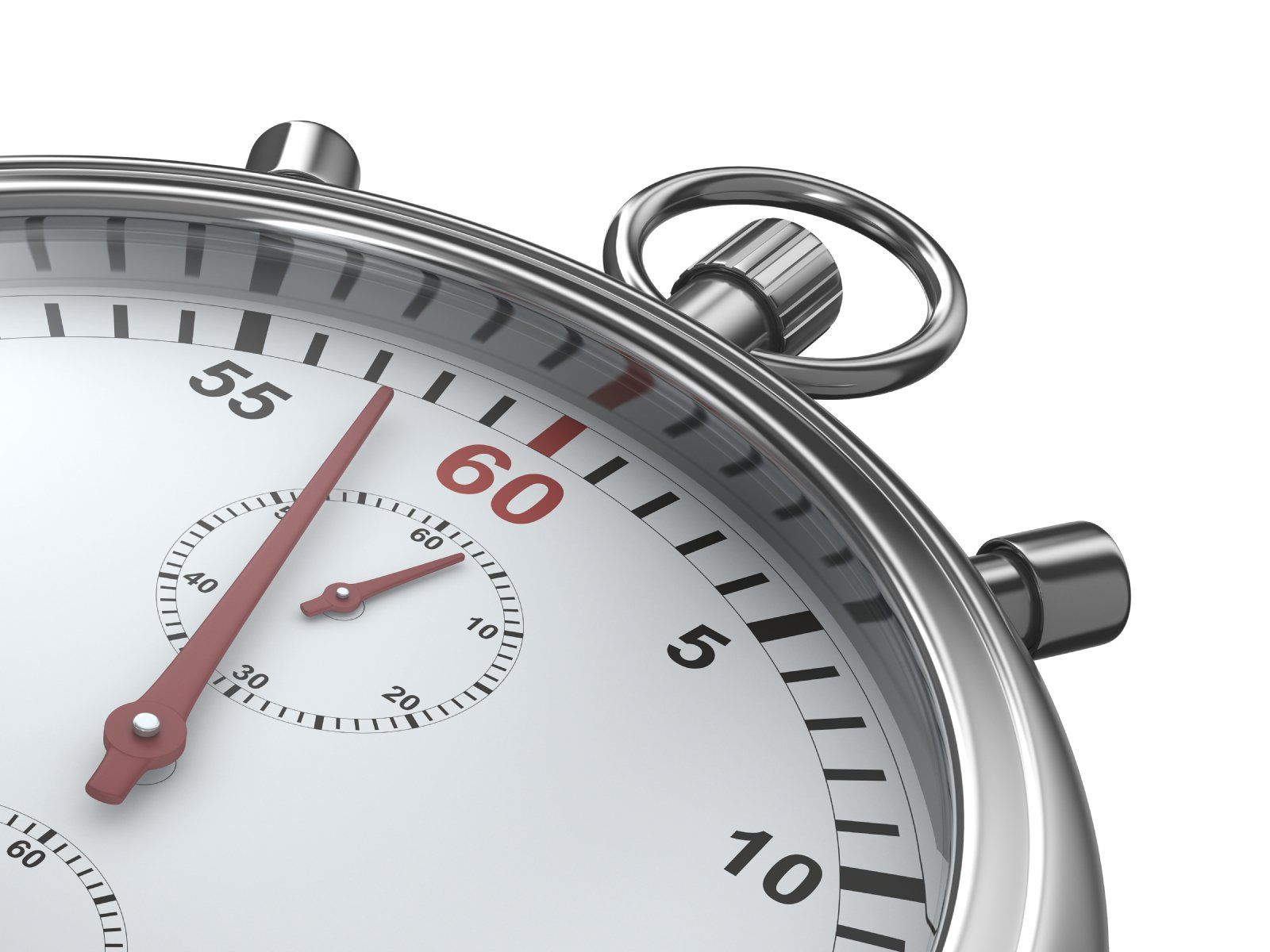In our daily grind, one of the greatest challenges we face is the tendency to "should" on ourselves and our accomplishments. We allow comparisons with others to dictate our happiness and mental health, measuring ourselves against perceived standards of success. But there's a way out of this cycle—one that leads to greater fulfillment and mental well-being.
Understanding the Grip of "Should"
The word "should" carries weight—it's laden with expectations, obligations, and judgments. Whether stemming from societal pressures, familial expectations, or our own pursuit of perfection, the constant barrage of "I should" can breed feelings of inadequacy and self-doubt.
The danger of living by "shoulds" lies in losing touch with our true selves. Instead of aligning with our values and desires, we may find ourselves chasing after someone else's idea of success. This disconnect can chip away at our sense of self-worth, leaving us vulnerable to anxiety, depression, and burnout.
Cultivating Workplace Self-Awareness
The first step to shaking off the shackles of "should" is self-awareness. Pay attention to your inner dialogue—are phrases like "I should" or "I must" dominating your thoughts? Challenge yourself to reframe these statements, replacing them with "I choose to" or "I choose not to." How does this shift impact your mindset? Does it bring a sense of relief or empowerment? Techniques like journaling, meditation, or seeking professional guidance can aid in this introspective journey.
By bringing awareness to these patterns, you can reclaim control over your choices and actions in the workplace.
Practicing Workplace Self-Compassion
Breaking free from the grip of "should" demands self-compassion. Be kind to yourself as you navigate this process of self-discovery and growth. Recognize that it's natural to have internalized certain beliefs over time, and let go of self-judgment.
Prioritize self-care practices that nourish your well-being. Whether it's taking short breaks throughout the workday, engaging in mindfulness exercises, or seeking support from colleagues, make time for activities that replenish your energy and bring you joy.
Shedding the "shoulds" is a journey toward workplace well-being and fulfillment. By cultivating self-awareness, practicing self-compassion, and embracing authenticity, you can break free from the tyranny of "should.”
Breaking Free from Shoulding: Elevating Your Work Performance
Constantly "shoulding" on yourself can hinder your work performance and overall well-being. But there's a solution—incorporating grounding techniques into your daily routine. These practices are not just for personal well-being; they're powerful tools for enhancing your performance in the workplace.
By breaking free from the grip of "should," you can cultivate a sense of balance and resilience, ultimately boosting your work performance. Remember, it's like hitting the reset button for your mind amidst the chaos of work life.
Ready to take control of your mental health and elevate your work performance? Let's discuss how personalized coaching can support you in overcoming "shoulding" habits and achieving your goals. Tailored coaching offers individualized strategies and support, empowering you to stay focused, grounded, and optimized in your performance at work.
Schedule a consultation with me today to start your journey towards enhanced workplace performance and greater well-being.












